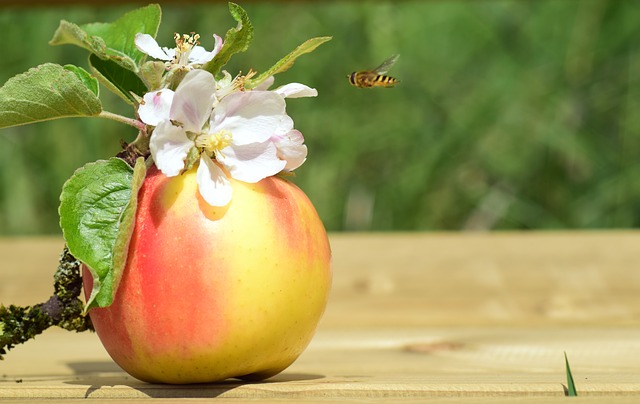
I love what Geneen Roth has to say about our relationship with food and how it reflects our relationship with ourselves. In my over thirty years as a clinical nutritionist, I have observed, like Geneen, that we feed ourselves the same way we live our lives. The way of mindful eating is that our eating patterns and nutrition, like adaptation and survival, are critical components of our ability to live and thrive. Accomplish your New Year’s resolution, such as improving your health or losing weight, with mindful eating.
The Source Of The Challenge
In spite of the fact that the food we eat has such a significant impact on our whole being and quality of life, most of us are wildly confused about nutrition. This is especially true today because this basic necessity has turned into a multi-billion dollar industry, selling us foods and nutrition related goods our parents didn’t need or know about.
“In the old days”, food was produced more naturally with less processing, lifestyles were less complicated and decidedly less stressful. Remember how we said we would never grow up to be like our parents? We may want to rethink that – they are the healthiest and wealthiest generation ever! Nutrition has become a big health issue because of poor quality food, soaring stress levels and our lack of exercise. “The balanced diet” –the tried and true standard for good nutrition has been pushed aside for every conceivable variation on what and how to eat.
Some of this new information is quite useful and lots of it appeals to our vanity or desire to avoid taking the long look at what Geneen Roth refers to as “being present to our food and our lives.” If we are present, we realize that moderation and balance (just like with stress!) is the way to go. Our foods are chemicals and can affect our emotions as well as our bodies.
A Grainy Example
An example of this is excess grain consumption. Human beings do not produce enzymes to break down cellulose, the outer protective layer of grain. Many animals like cows and horses can eat grain in its natural state without a problem. If we attempted that, we would injure our mouths and esophagus, so we alter the grain from its natural state to flour, in order to consume it. We think we can eat whatever, so we get creative and bake, fry, boil, etc. this processed grain into “food.”
Unfortunately, the majority of us do not tolerate the protein gluten found in most grains. Gluten can damage and weaken the lining of our gut, leading to all kinds of problems, which can include eating disorders, obesity and depression. Humans are also the only mammals that continue to consume milk after weaning, and it’s breast milk from another species at that.
When we are experiencing mindful eating, we become aware of our body’s responses to what we put into it. That requires slowing down, which is what our nervous systems have to do for our digestion to work properly. Stress is “anti-nutritious” because during stress our ability to deal with the “emergency” at hand. Stress also significantly increases the need for certain nutrients, which are critical for the stress response. Protein, Vitamins A, B, C, and E, unsaturated fatty acids and minerals need to be replenished.
Moving Forward Mindfully
How we can improve our nutrition and discern what is best for us? We can observe why and how we eat, what feedback our bodies give us and consider the always prudent common sense approach of balance and moderation. We are living beings, we need to eat living food. The good news is you can eat all the fruits, vegetables, salads, veggie soups and stews you want (barring allergies) and you can’t go wrong!
For more whole health discussions like this, listen to my weekly radio show Living Above The Drama available on iHeartRadio.




 Naturally, everyone feels lonely at one time or another. It may seem harmless, but loneliness and isolation are part of a fast-growing epidemic in this country. At any one time, 60 million Americans report feeling alone. It’s an invisible discomfort that can lead to physical disease.
Naturally, everyone feels lonely at one time or another. It may seem harmless, but loneliness and isolation are part of a fast-growing epidemic in this country. At any one time, 60 million Americans report feeling alone. It’s an invisible discomfort that can lead to physical disease. 



 During the summer my apple trees, with their sweet droppings all about the orchard, produce an enormous population of fruit flies. Apart from being occasionally annoying and making a bit of noise, they would not be a topic to capture one’s attention. At least I never thought so, until I read a fascinating study about fruit flies that indicated our gender may be largely connected to our genes.
During the summer my apple trees, with their sweet droppings all about the orchard, produce an enormous population of fruit flies. Apart from being occasionally annoying and making a bit of noise, they would not be a topic to capture one’s attention. At least I never thought so, until I read a fascinating study about fruit flies that indicated our gender may be largely connected to our genes.